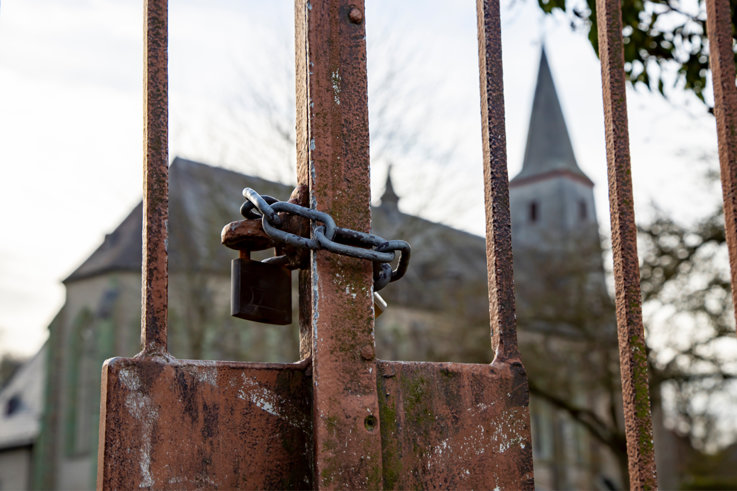
-
HOME
-
WHAT IS STANDOur Mission Our Values Our Help Contact
-
WHAT WE FIGHT FORReligious Freedom Religious Literacy Equality & Human Rights Inclusion & Respect Free Speech Responsible Journalism Corporate Accountability
-
RESOURCESExpert Studies Landmark Decisions White Papers FAQs David Miscavige Religious Freedom Resource Center Freedom of Religion & Human Rights Topic Index Priest-Penitent Privilege Islamophobia
-
HATE MONITORBiased Media Propagandists Hatemongers False Experts Hate Monitor Blog
-
NEWSROOMNews Media Watch Videos Blog
-
TAKE ACTIONCombat Hate & Discrimination Champion Freedom of Religion Demand Accountability
Most Americans See Religion’s Influence Declining—and Aren’t Happy About It
According to a new Pew survey, 8 out of 10 Americans believe religion is declining in influence in public life—the largest percentage since Pew began asking the question in 2002.

Pew asked respondents whether religion is gaining or losing influence and whether this is a good or a bad thing.
Forty-nine percent of U.S. adults believe that religion is losing influence and are not happy about it. By contrast, just 8 percent of Americans think that religion’s influence is growing and that it is a good thing.
The study therefore indicates that most of us—57 percent—are in favor of religion’s influence on our lives.
“We’re seeing an uptick in the share of Americans who think of themselves as a minority because of their religious beliefs.”
According to Greg Smith, associate director of research at Pew Research Center, these findings amount to “signs of sort of a growing disconnect between people’s own religious beliefs and their perceptions about the broader culture.”
Another red flag, according to Smith, is that 48 percent of American adults say there’s “a great deal” of or “some” conflict between their religious beliefs and mainstream American culture, an increase from 42 percent in 2020. Smith says that that growing feeling of alienation also manifests in another key indicator. “We’re seeing an uptick in the share of Americans who think of themselves as a minority because of their religious beliefs.”
That number has increased from 24 percent in 2020 to 29 percent this year and includes spikes across many faiths: white evangelical Protestants who think of themselves as a minority rose from 32 percent to 37 percent, white non-evangelical Protestants jumped from 11 percent to 16 percent, white Catholics from 13 to 23 percent, Hispanic Catholics from 17 to 26 percent and Jewish Americans from 78 percent to 83 percent. People whose faith is not defined by any religion but who identify themselves as a minority due to their beliefs rose from 21 to 25 percent.
The survey also shows a wide gap between Americans who feel that the separation of church and state should be enforced—55 percent—and those who say there should be no such separation—16 percent.
Regarding the holy book for most Americans, the Bible, there is an almost even split between those who feel it should have “some” or “a great deal” of influence over the laws of the land—49 percent—and those saying it should have “not much” or “no influence”—51 percent.
The survey asked and received responses from 12,693 American adults between February 13 and February 25.
In the words of Scientology Founder L. Ron Hubbard, “Probably the most critical point of attack on a culture is its religious experience. Where one can destroy or undermine religious institutions then the entire fabric of the society can be quickly subverted or brought to ruin.
“Religion is the first sense of community. Your sense of community occurs by reason of mutual experience with others. Where the religious sense of community and with it real trust and integrity can be destroyed then that society is like a sand castle unable to defend itself against the inexorable sea.”






